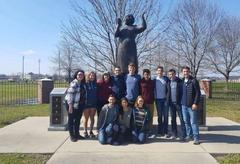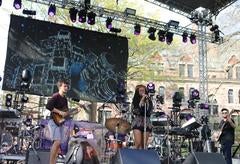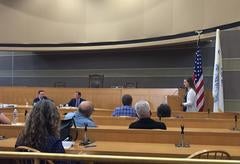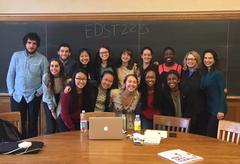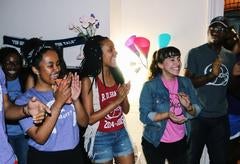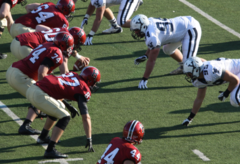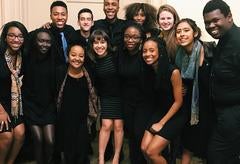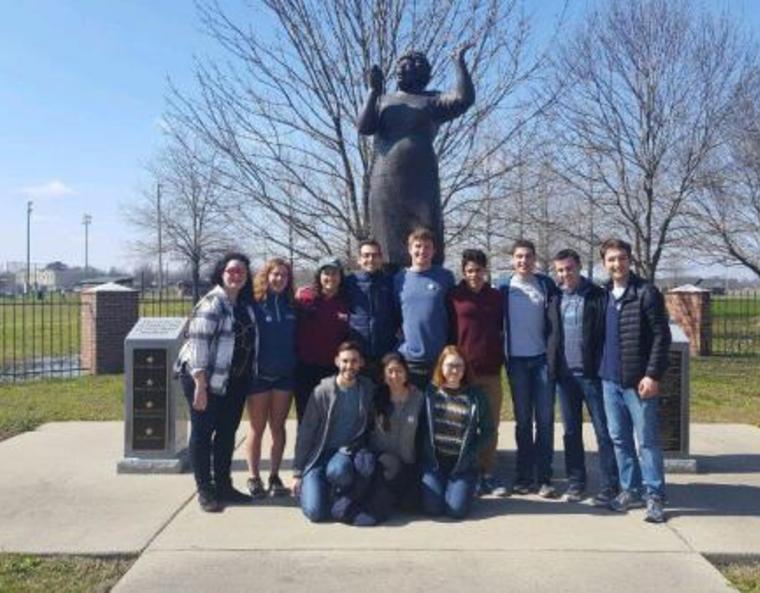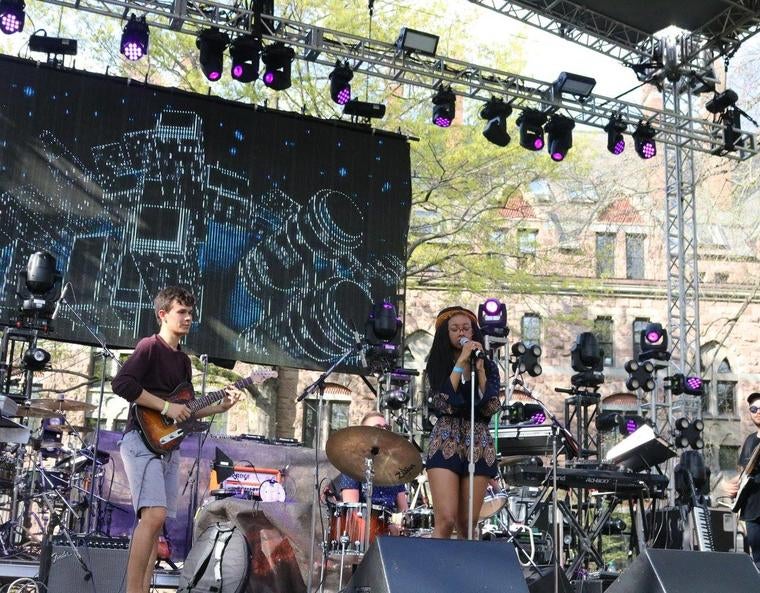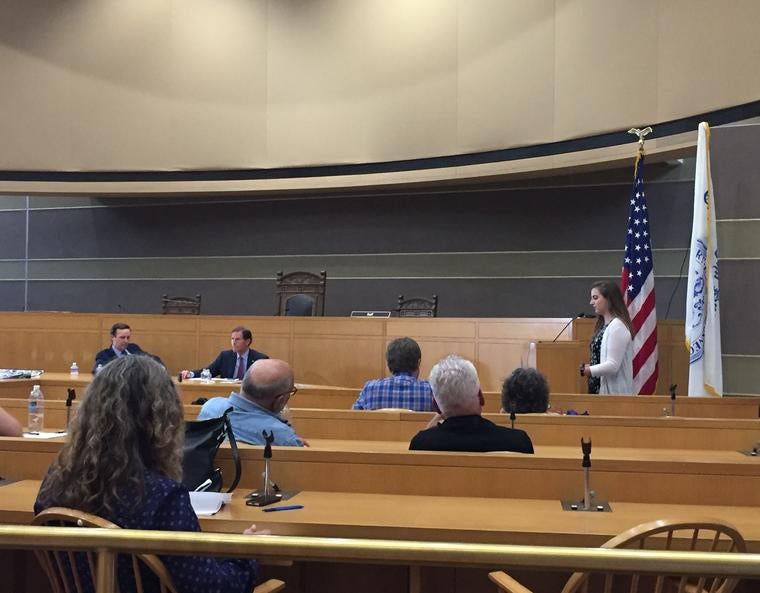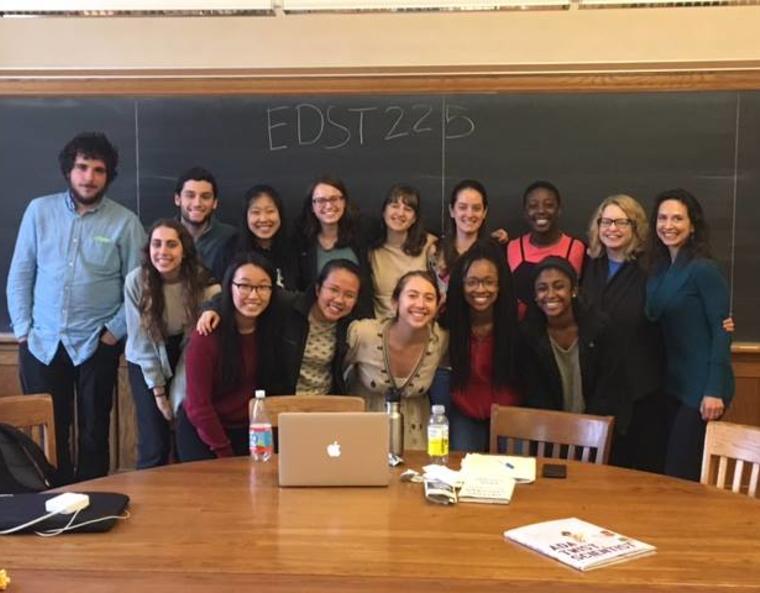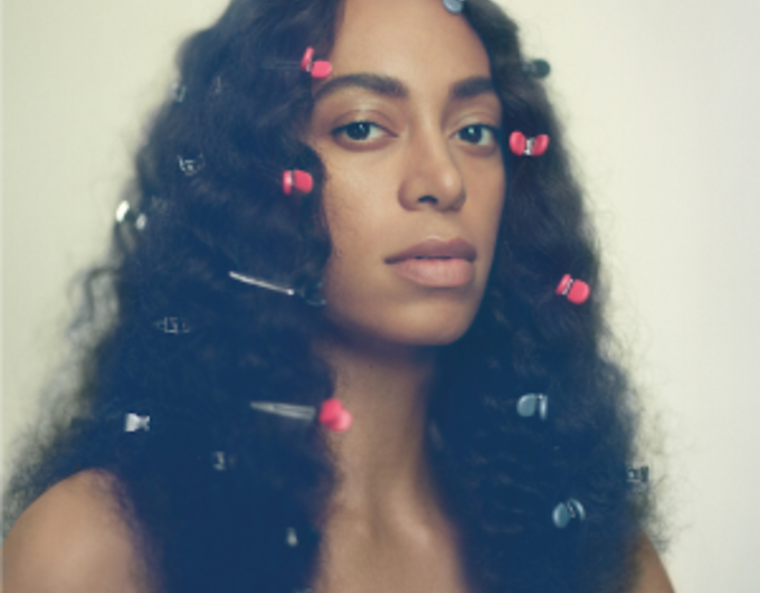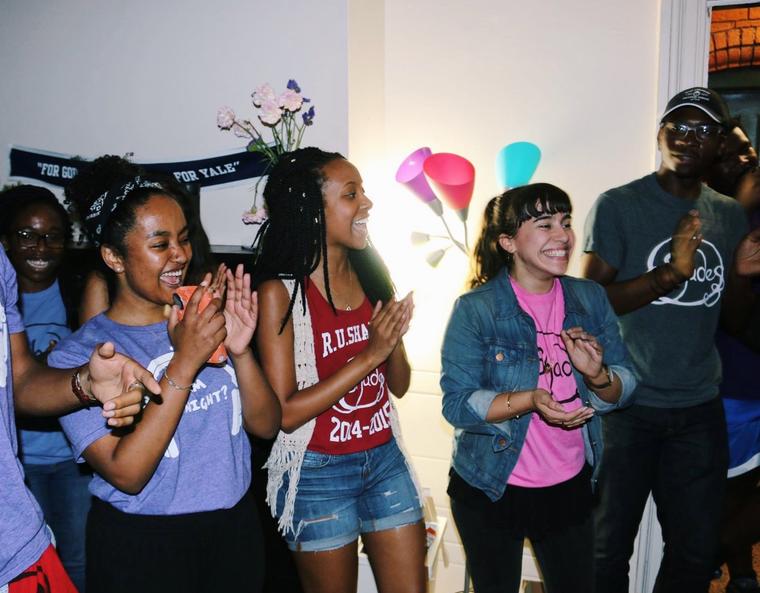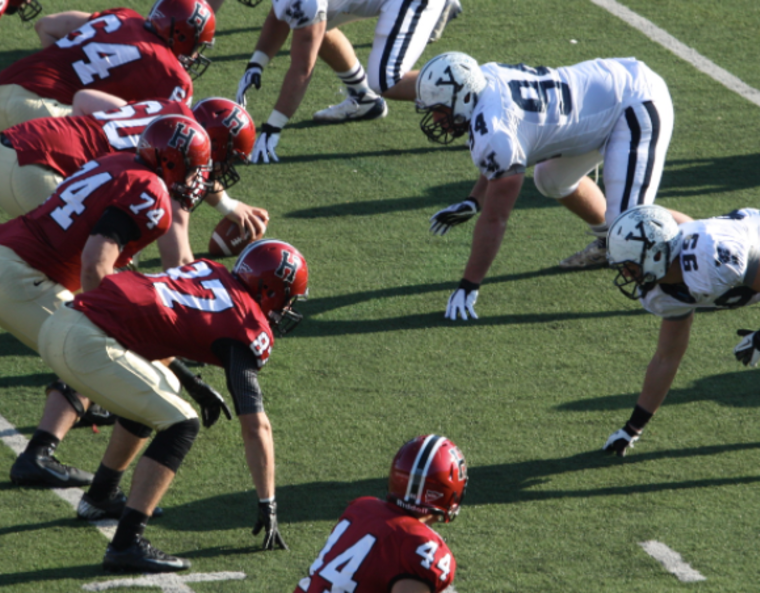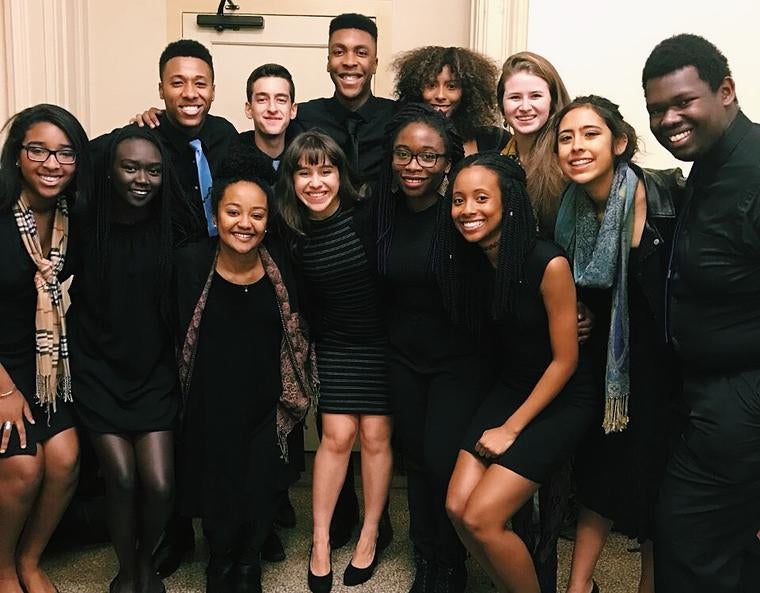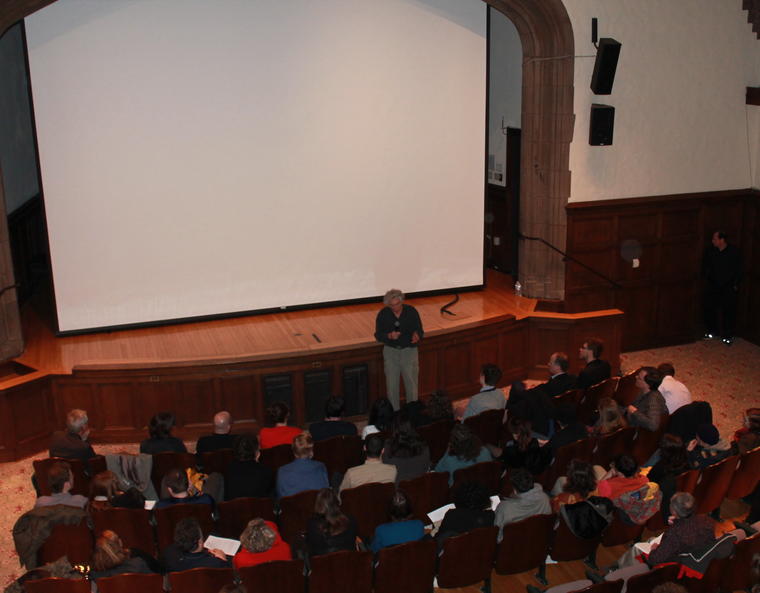
I still remember waiting in line outside of the Whitney Humanities Center on the day of the Women’s March. I was there to see the movie that all of my family members were talking about: Hidden Figures. I waited hours to get my seat, but it was worth it, not just for the movie, but for the event that followed: Margot Lee Shetterley, the author of Hidden Figures, was at the WHC to speak about her process writing the book.
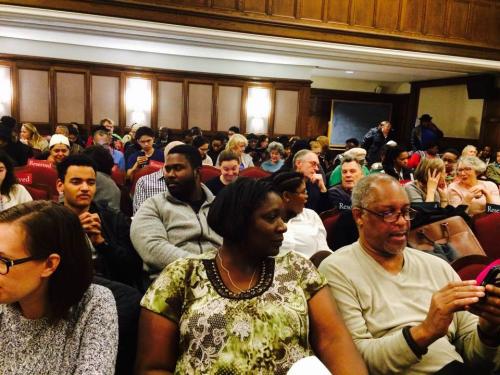
While talking about the book, she discussed how the three women who are the focus of the movie—Katherine Johnson, Mary Jackson, and Dorothy Vaughn—truly “took a joy in the work they did.” Profoundly, she also spoke about how important it was for her to give a “3-D depiction of black Americans,” who were “just as engaged in the space race as non-black Americans were.” Seeing and meeting Shetterly was an amazing experience; even though it meant missing the Women’s March, I was still able to meet a black female author who opened up the white feminist narrative for black women. That was so important on a day when so many women of color helped to coordinate and launch that march.
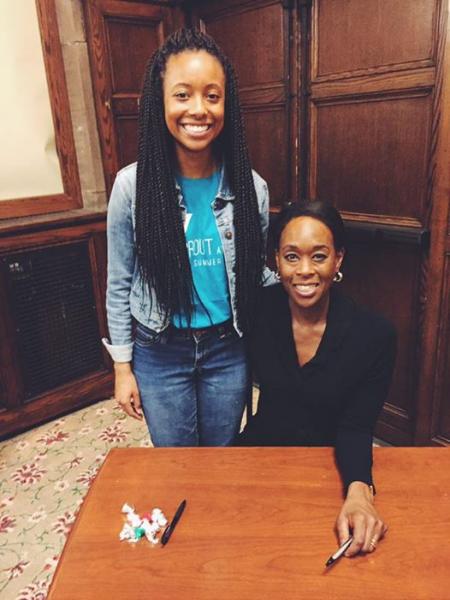
In addition to meeting Ms. Shetterly, I was able to see the movie Get Out directed by Jordan Peele TWO WEEKS before the movie actually came out in theaters at the Whitney Humanities Center. The pre-screening was hosted by the Yale Film Society, and it was a great experience. The crowd at the WHC was very diverse, which made the experience even more interesting and fulfilling. The movie itself prompted a lot of much-needed conversations between my black and non-black friends and me. What I loved most about it was that it countered the belief that racism has to be explicit and rooted in bigotry, that it demonstrated how micro-aggressional ways of thinking in liberal communities can be just as harmful as calling someone out of their name.
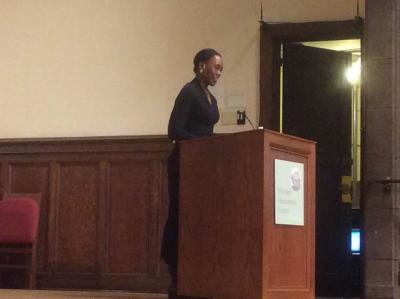
Another person that I was able to see in person at the Whitney Humanities Center on this past year was Spike Lee. He screened his film 2 Fists Up: We Gon’ Be Alright, which centered on the black student-led Mizzou protests that were held at the University of Missouri from 2015 to 2016. He spoke Dean Holloway, the first black Dean of Yale College about the protests and their implications for schools like Yale. There were even times when he openly challenged and disagreed with Dean Holloway, which was a rare and memorable thing for me to witness as a freshman.
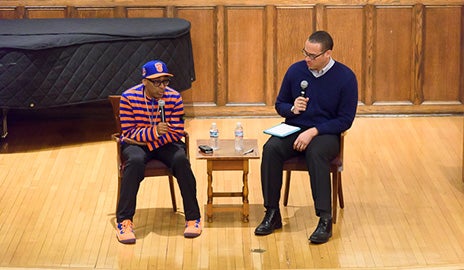
The Whitney Humanities Center is a resource for all Yale students to engage. It doesn’t get a lot of air time for prospective students, but I hope that this post will encourage more people to visit the center to meet amazing people and produce their own amazing projects.
